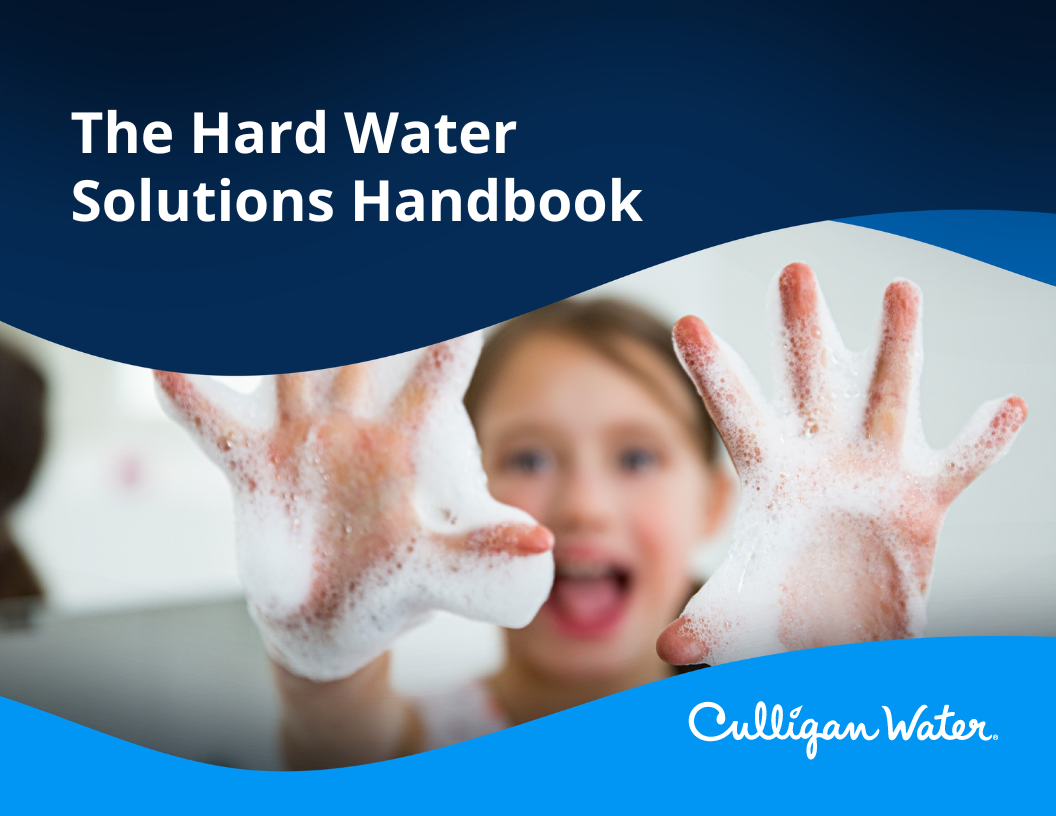Hard Water 101: Everything You Need to Know About Hard Water in Your Home
Hard water is an issue that many homeowners have to deal with. It can cause a variety of problems, such as scaling on plumbing fixtures and dishware, and it can even leave behind residues on clothing after a wash. Fortunately, there are ways to test for hard water and treat it if necessary. Let’s take a closer look at everything you need to know about hard water in your home.
What Is Hard Water?
Hard water is defined as any water that contains more than 17 milligrams per liter of calcium carbonate or magnesium ions. These minerals are naturally occurring and are often found in groundwater sources. They do not pose any health risks, but they can cause problems around the home. For example, hard water can leave behind soap scum residue on dishes and clothing, cause scale buildup on plumbing fixtures, and reduce the efficacy of cleaning products. In addition to the effects on your home, hard water can leave your hair and skin feeling dry and unhealthy.
Testing for Hard Water
The first step in addressing hard water issues is determining whether your home has hard water or not. While it is possible to check your water hardness with a simple DIY test kit, we recommended calling in a water treatment professional to conduct a thorough and more comprehensive analysis of your water. Once you know the hardness level of your home’s water supply, as well as other issues that might come up in the test results, you can begin taking steps to address the issue if necessary.
Treating Hard Water
If your home’s water supply tests positive for hard minerals, a trained professional will be able to analyze the data and will suggest the best water filtration or water softener system that will be best suited to install in your home. Culligan water filtration systems will reduce the hardness levels of your home’s water supply by removing the mineral ions from the equation before they reach your faucets and appliances. Additionally, installing one of these systems will help reduce scaling buildup on plumbing fixtures and will make cleaning products more effective when used with hard water supplies. Finally, a water softener system will improve the feel, appearance and health of your skin and hair.
Hard water can be an inconvenient issue for homeowners, but fortunately, there are ways to test for it and efficient ways to treat it. Schedule your free in-home water test so you can easily check whether or not your home has hard mineral content in your water supply. Our highly trained water professionals will recommend the best way to address any issues found during testing—which might include installing either a whole-house filtration system or a water softener system depending on your needs. Download our free Hard Water Handbook today for more information!

